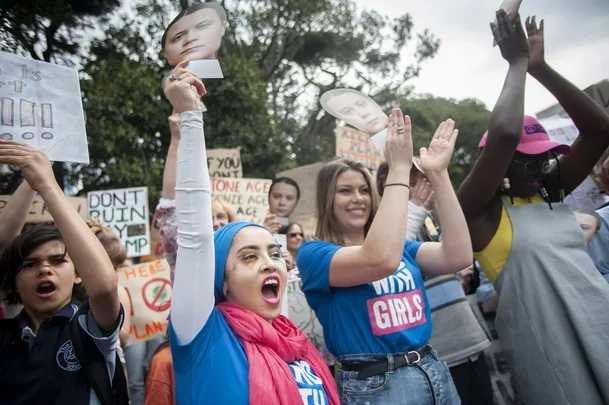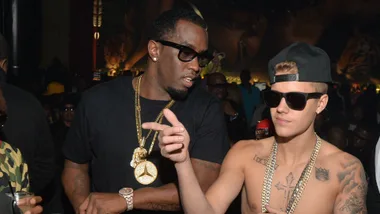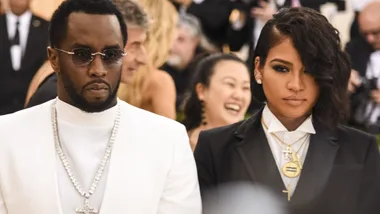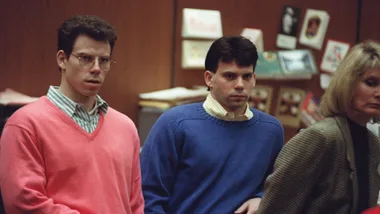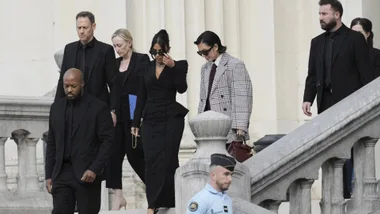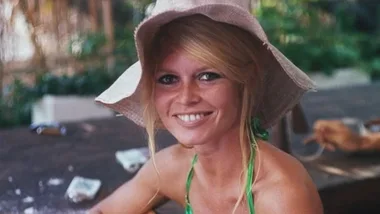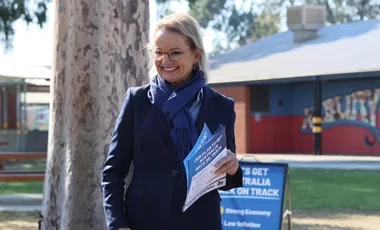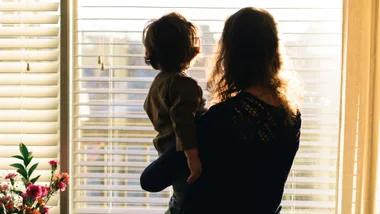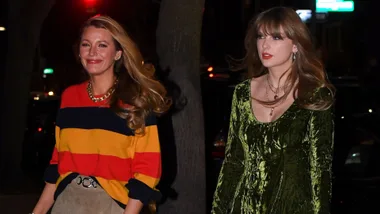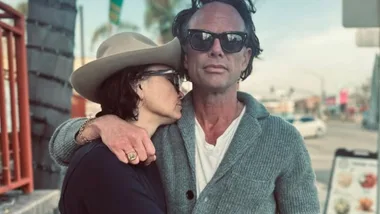On September 20, over 300,000 Australians gathered at climate change rallies around the country in one of the largest protest events in the nation’s history. The global day of action, fuelled by Swedish teenage climate activist Greta Thunberg, is happening three days before the United Nations Climate Change Summit in New York.
The Australian protesters called for the Federal Government to commit to no new coal, oil or gas projects, 100 per cent renewable energy generation and exports by 2030 and funding for “a just transition and job creation for all fossil fuel industry workers and communities”.
Following the rally, we spoke to Shamsiya Hussainpoor, a 22-year-old Hazara refugee from Afghanistan. Arriving in Australia in 2007 as a 10-year-old, Shamsiya is now studying journalism at RMIT University in Melbourne, and joined Plan International Australia’s youth activist series program to help pursue her dream to raise the voices of those often not heard, particularly girls and young women. Below, she answered our questions on the strike – and why it is so important.
How do you feel to be a young person facing the climate crisis and seeing the way that adults are handling the situation?
I feel terrified knowing my future is at stake, knowing we are the reason why this planet is being destroyed. I’m extremely sad and afraid knowing climate change is in the top five causes of death for children under the age of five globally.
World leaders and decision makers aren’t doing enough to sustain our future, our only home. We, as young people have to step in and take action. I believe adults have handled this crisis too slowly. What we need is decision-makers and world leaders take full responsibility to stop climate change, we need them to save this planet because there is no planet B.
Do you ever feel powerless or afraid of what might happen in the future?
I feel powerless knowing nearly 530 million children live in extreme high flood occurrence zones. I feel powerless knowing violence against girls will increase as a result of extreme weather events.
Urgent action is needed to secure our future. It’s not just young people’s responsibility, it is every single individual’s utmost responsibility to demand change and take action. At times, I certainly feel powerless thinking about my future but seeing young activists like Greta Thunberg creating worldwide awareness and getting young peoples’ voices heard makes me more optimistic about our future.
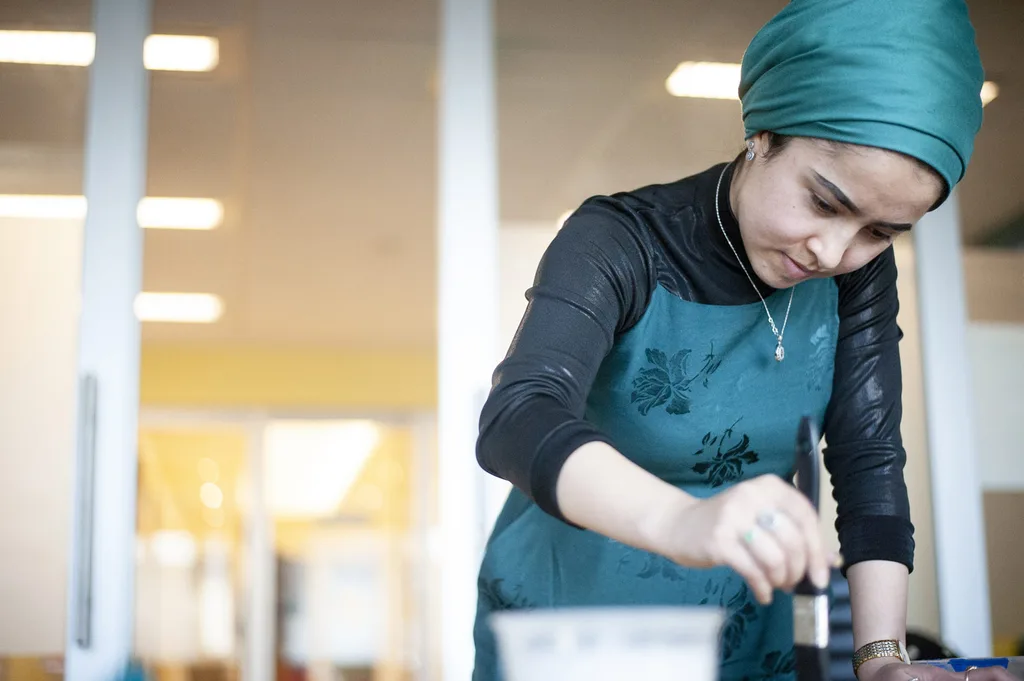
Why did you decide to become an activist?
I became an activist to raise awareness, to become a voice, particularly a young female voice. I want to devote myself to the interests of the community and the common issues that we all face. But most importantly I became an activist to give a voice to those who are overlooked – to children, particularly girls from the most vulnerable, poorest communities who have the fewest resources to cope with global warming. I want to create positive change and work to end violence and injustice around the world.
What is the biggest challenge you’ve faced as an activist?
There aren’t many women and young people in decision making and leadership positions, so it makes it hard for voices like ours to be heard.
How do your friends give you support and strength in your path as an activist?
My friends are all very supportive of me and always share my activism messages on their social media, and message me expressing their support and how proud they are. Fortunately, I’m surrounded by many positive people who always push me to reach my full potential.
What’s one thing that you want people to know about climate change?
Climate change is the biggest threat to us, to our planet. We need decision makers and world leaders to take urgent action to save our future. But most importantly, climate change will worsen gender equality, which means more girls will continue to live under the shadow of violence and injustice. We need to demand change and be the change before it’s too late.
On the day reflection:
I feel very emotional being here. It takes sad events for people to come together but at the same time it’s very positive, people coming together to create change for the better, for our future. I am extremely proud and honoured to be here in this crowd.
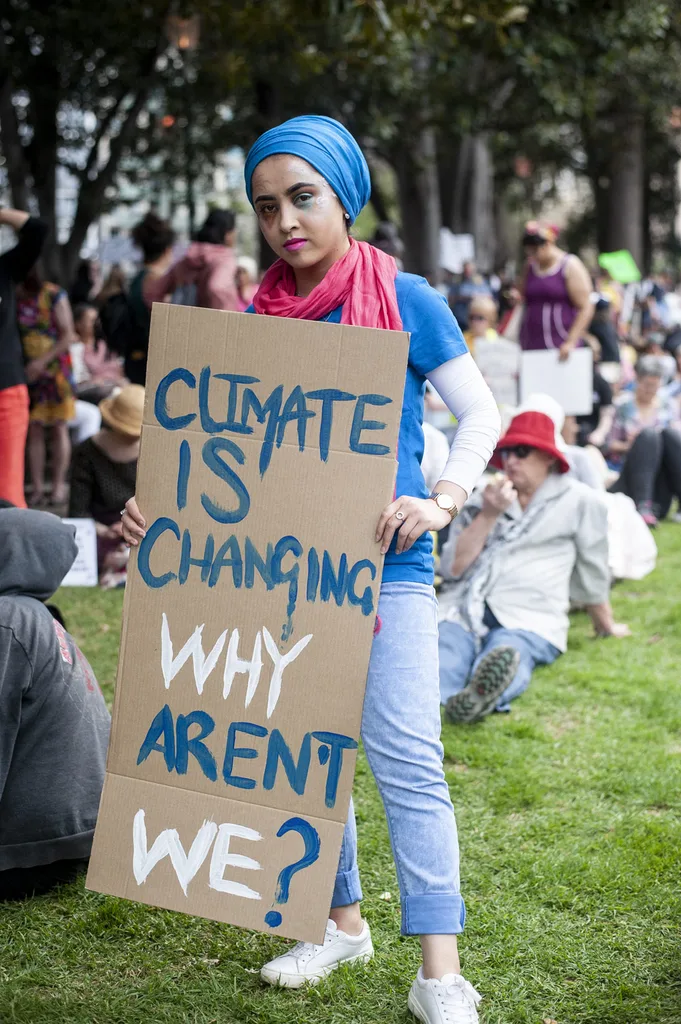
We also spoke to activist Samantha Devaney, a 24-year-old social worker from Melbourne. She joined Plan International Australia’s youth activist series program to develop her skills as an activist for gender equality and girl’s rights.
How do you feel to be a young person facing the climate crisis and seeing the way that adults are handling the situation?
As a young person, it has been extremely frustrating watching the way politicians and people in power approach climate change both in Australia and around the world. Despite the clear scientific evidence that our planet is under real threat, people in power remain unwilling to take any real action on climate change. Policymakers and politicians who have the power to make change need to listen to young people. We will inherit this world, and we will have to deal with the dire consequences of inaction.
Do you ever feel powerless or afraid of what might happen in the future?
When I reflect on our inaction on climate change, it makes me feel afraid of what the future will hold for young women and young girls like me. I know from the research Plan International and the World Health Organisation have conducted, that there is a clear link between increased gender inequality and climate change – girls and young women, and other marginalised groups will be worst hit by the effects of climate change.
Why did you decide to become an activist?
I decided to become an activist because I think young women like myself, and other young people have so much to offer our community and our society. Every day, I am reminded of the amazing things young people are doing to eliminate inequality and injustice. At times we are often overlooked, underestimated and ignored by people in power. But we continue to endure despite the obstacles. Every day I am inspired by other young activists in my own journey of activism.
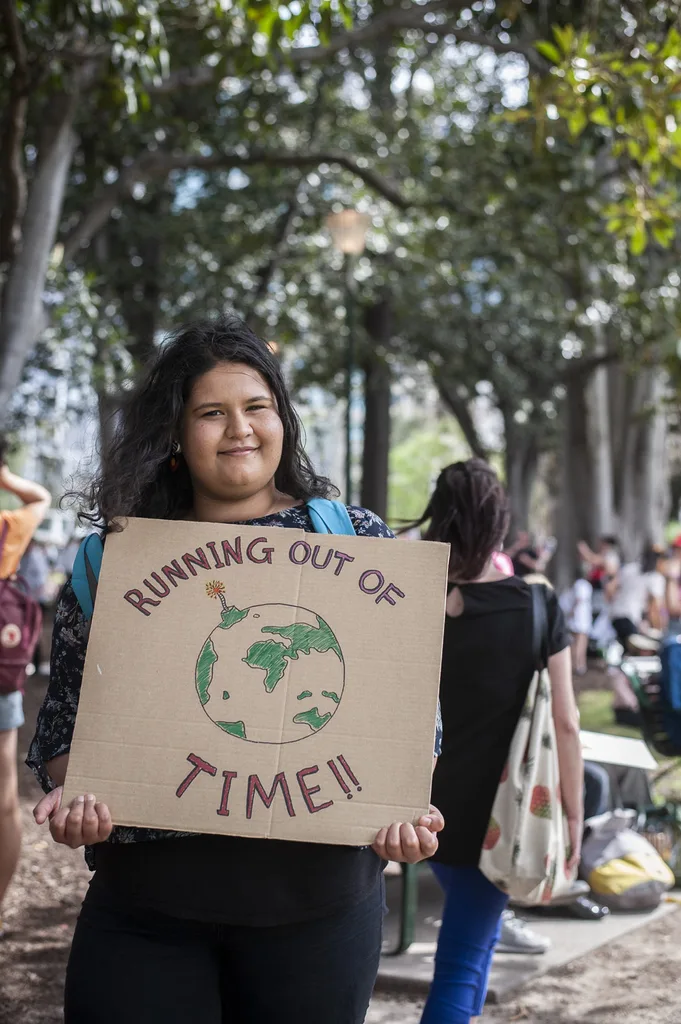
What is the biggest challenge you’ve faced as an activist?
The biggest challenge I’ve faced as a youth activist is remaining positive and persistent when inaction reigns. As is the case with climate justice, it is difficult to be a young activist when you are constantly faced with inaction and an unwillingness by policy makers and politicians to prioritise climate change. From this experience I’ve learnt more about the importance of wellbeing and self-care practices for all activists. When it feels like nothing that I am doing is making an impact, I take time out for myself, and give special attention to my wellbeing and mental health. This is the most important lesson I have learnt on my journey so far.
How do your friends give you support and strength in your path as an activist?
I am lucky enough to be surrounded my friends who understand the important work and powerful impact youth activists can have on our community and our world (many of whom are also youth activists!!). They give me space to rant about my frustrations and the difficulties I face on my journey as an activist. And they also remind of the successes and positive transformations we have made happen so far. Without the love and support of my friends, I would not be able to continue on my path as a youth activist.
What’s one thing that you want people to know about climate change?
I want people to know that climate change is not a “leftie” issue. It doesn’t matter what side of the political spectrum you sit on, or whether or not you are engaged with politics at all, everyone can be a climate activist. Climate change will intensify inequality and disadvantage around the world. Girls and young women are particularly vulnerable. If we care about the most vulnerable in our society, we must continue to campaign for climate justice.
